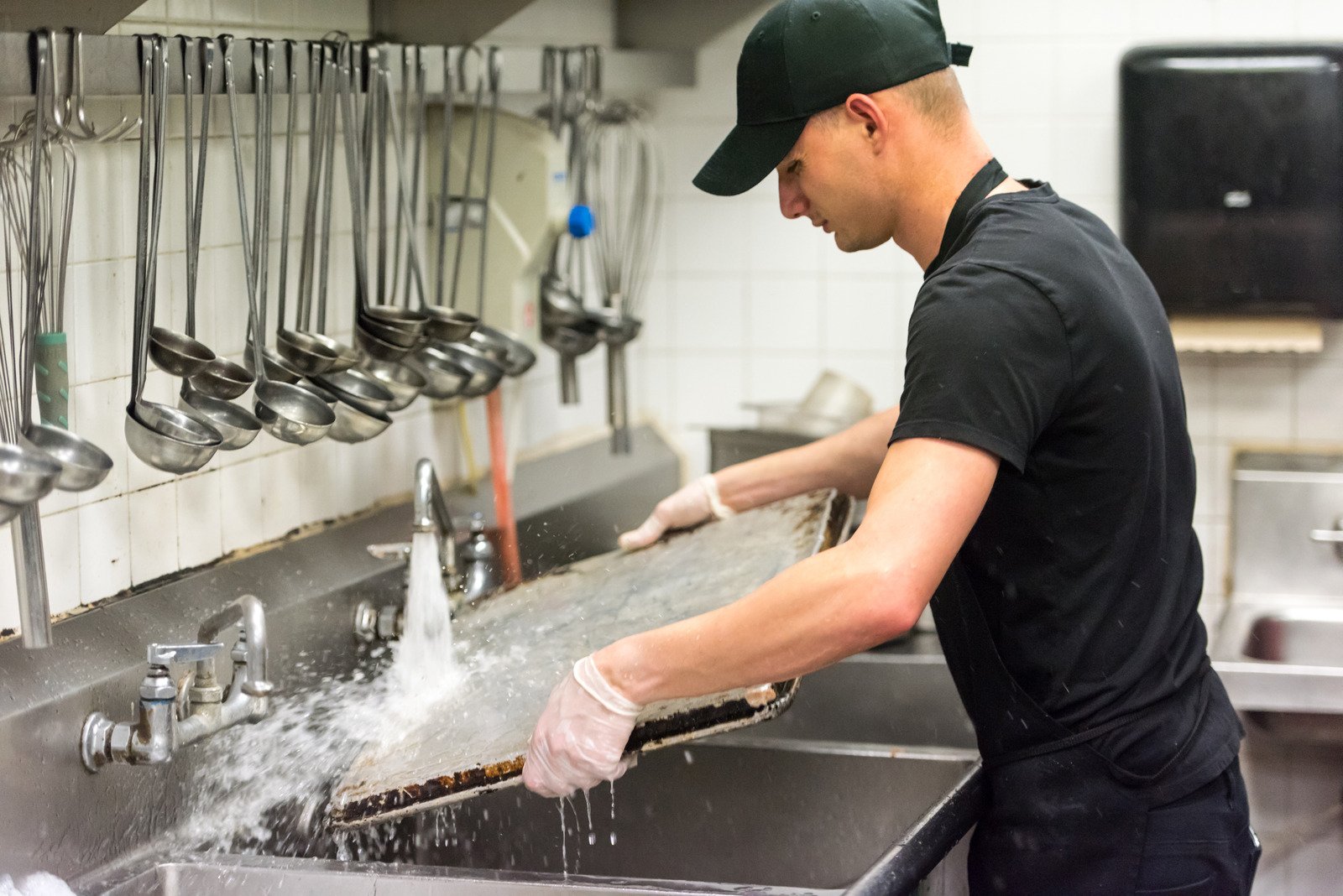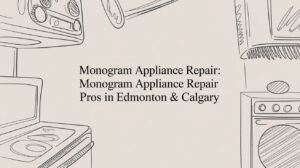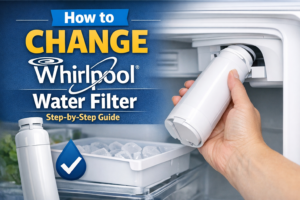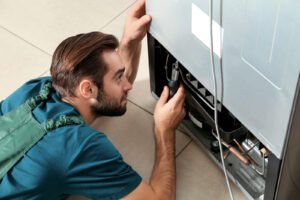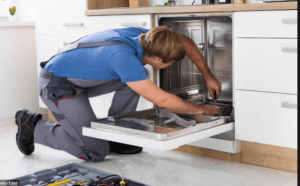If your dishwasher doesn’t seem to be working properly, there are a few things you can check before calling a repairman. First, make sure that there is no power issue by checking the circuit breaker or fuse box. If the dishwasher is plugged in and getting power, the next thing to do is check the water supply. Make sure that the water supply line isn’t kinked or frozen and that there is enough pressure for the dishwasher to operate. Finally, take a look at the detergent dispenser to see if it’s clogged. If you’ve checked all of these things and your dishwasher still isn’t working, it’s time to call a professional.
Check if the dishwasher is plugged in and receiving power
When it comes to dishwasher repair and maintenance, one of the most basic troubleshooting steps is ensuring that the dishwasher is plugged in and receiving power. This step should be taken anytime you experience dishwasher-related issues, such as the dishwasher not starting properly, not running a complete cycle or making strange noises. To do this, simply check whether or not the dishwasher’s power cord is properly inserted into an outlet and that the breaker controlling it has been flipped on. If all checks out, then you can start to explore other likely causes for your dishwasher woes.
Make sure there is no water leakage from the dishwasher
Taking measures to ensure that dishwashers are working properly and not causing water leakage is an essential part of dishwasher maintenance. Unfortunately, dishwasher troubleshooting isn’t as easy as it may seem and it can be difficult to identify and repair issues related to water leakage or other dishwasher components. In order to minimize the chances that a dishwasher will start leaking, it is important to note any problems that occur with the dishwasher before they become excessive. From there, professional dishwasher repair should be sought in order to quickly address any issues and prevent further damage due to water leakage.
Inspect the dishwasher’s supply line for any kinks or blockages
Preventing a dishwasher failing to function properly due to any kinks or blockages in the supply line is an important step whether you have a whirlpool, LG, Bosch, Samsung, or Ikea dishwasher. Kinks and blockages can build up inside the hose over time and restrict the flow of water causing your dishwasher to overfill. If this happens not only can it cause flooding but it may also create incorrect levels of water pressure which will also impact its performance and effectiveness. Checking the supply line regularly as part of your routine maintenance will help ensure you continue to enjoy efficient washing results with no problems.
Clean the dishwasher’s filters and spray arm to remove any build-up of dirt or grime
Cleaning dishwasher filters and spray arms regularly is an essential part of dishwasher repair and maintenance. Without regular cleaning, dishwashers can become clogged with dirt and grime, resulting in poor dishwashing performance. To prevent any dishwasher troubleshooting problems down the line, take the time to clean the dishwasher’s filters and spray arms periodically to make sure they are free of any build-up. Doing so will not only help keep dishes coming out spotless, but will also help extend the life of your dishwasher.
If all else fails, consult a professional appliance repair technician
If you have reached a point where you have exhausted all DIY appliance repairs, it is time to call in the professionals. At Advance Appliance Ltd., we provide access to professional appliance repair engineers who have the necessary experience and skills to diagnose and fix any appliance issue quickly. Our technicians are available for service nearly 24 hours a day, so you need only search for appliance repair near me when you are facing a situation that requires professional assistance. Don’t wait around if something is not functioning properly or breaks – instead let one of our skilled appliance repair technicians help. We assure quality with every job.
CONCLUSION
If your dishwasher is not working properly, there are several things you can check yourself before calling a professional. First, make sure the dishwasher is plugged in and receiving power. Then, inspect the dishwasher’s supply line for any kinks or blockages. Next, clean the dishwasher’s filters and spray arm to remove any build-up of dirt or grime. If all else fails, consult a professional appliance repair technician. With these tips, you should be able to fix most common dishwasher problems without needing to call for expensive repairs.

